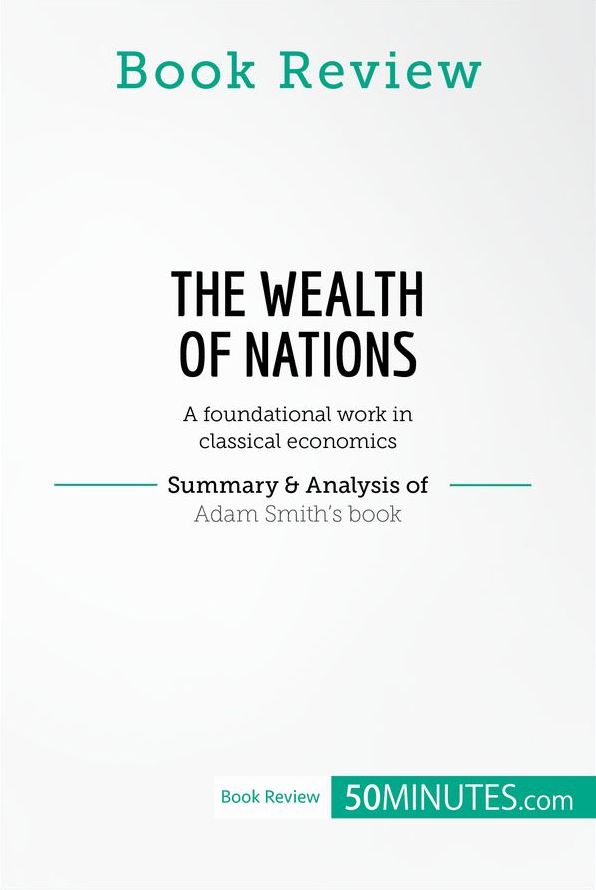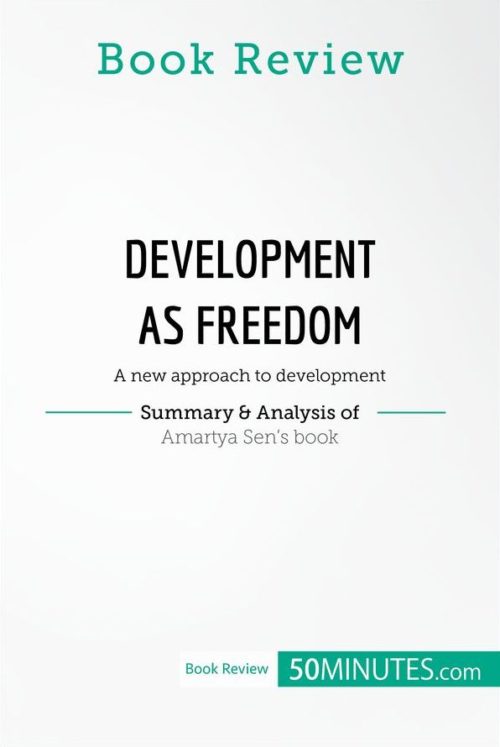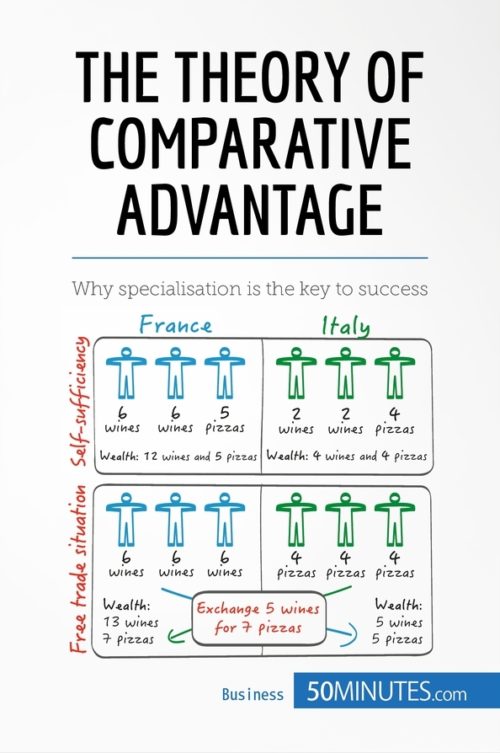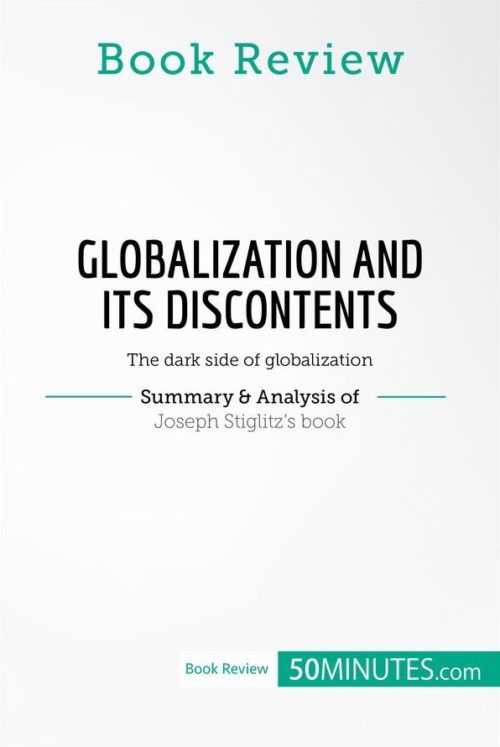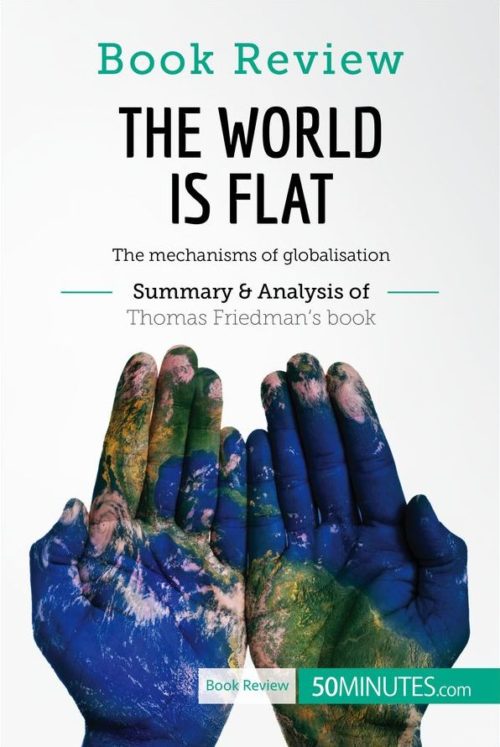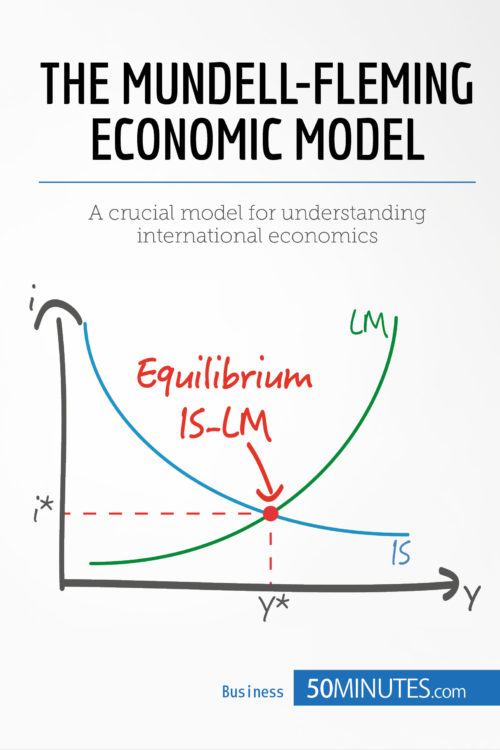Book Review: The Wealth of Nations by Adam Smith
Book Review: The Wealth of Nations by Adam Smith
Read more
The Wealth of Nations explains how countries become wealthy
In The Wealth of Nations, Adam Smith seeks to explain why some countries are wealthier and more development than other countries that are otherwise similar. In particular, he reflects on productivity and the crucial role played by free trade and free markets. This clear and detailed summary and analysis is a valuable resource for anyone who wants to understand Smith’s pioneering work: it features a thorough explanation of the author’s aims, the main concepts underpinning his work, such as the invisible hand of the market and the division of labor, and the contextual background to his work, including the changes wrought by the Industrial Revolution. It also provides a useful discussion of the book’s immediate impact and Smith’s legacy, particularly the development of classic liberalism and classical economics, giving you everything you need to understand this influential text in just 50 minutes.
This accessible and insightful 64-page summary and analysis is structured as follows:
- The Wealth of Nations
- Context
- The author: Adam Smith
- Context and background
- Summary of The Wealth of Nations
- Introduction and Plan of the Work
- Book I
- Book II
- Book III
- Book IV
- Book IV
- Impact of The Wealth of Nations
- Reception
- Criticism of Smith’s approach
- Legacy
- Summary
About The Wealth of Nations
The Wealth of Nations was published in the early years of the Industrial Revolution, at a time when drastic economic, technological and social shifts meant that existing economic theories were becoming less applicable. It is now considered to be one of the foundational texts of classical economics and influenced economic policy in numerous Western countries.
About Adam Smith
Adam Smith is one of the most famous economists of all time. However, he was also a philosopher and met with a range of the greatest figures of the 18th century, including the French Enlightenment writer Voltaire. His work has had a significant influence on modern economists, particularly in light of contemporary socioeconomic issues, such as the globalization of markets. Smith was a liberal who opposed protectionism and believed that the state should have very little influence over society, with the exception of education and infrastructure.
Product details
| ISBN | 9782808017664 |
|---|---|
| Publisher | Plurilingua Publishing |
| Series | 50MINUTES.COM – Book Review |
| Format | |
| Pages | 64 |
| File size | 2.9 MB |
